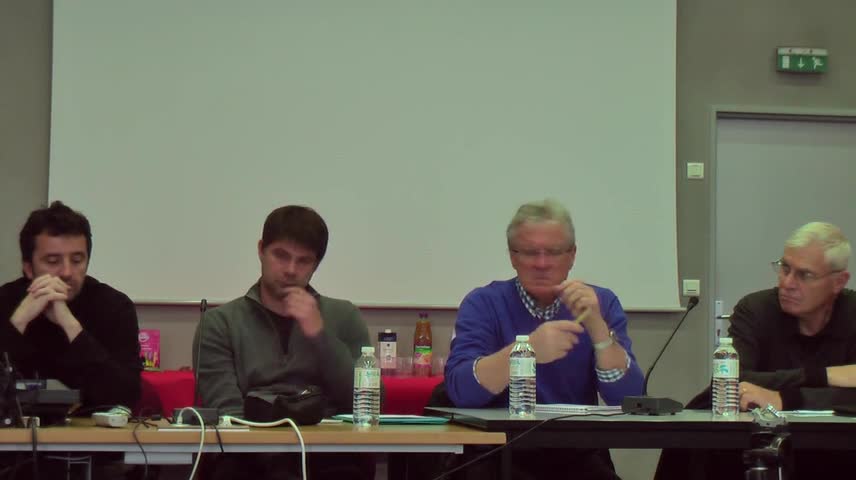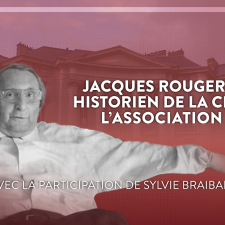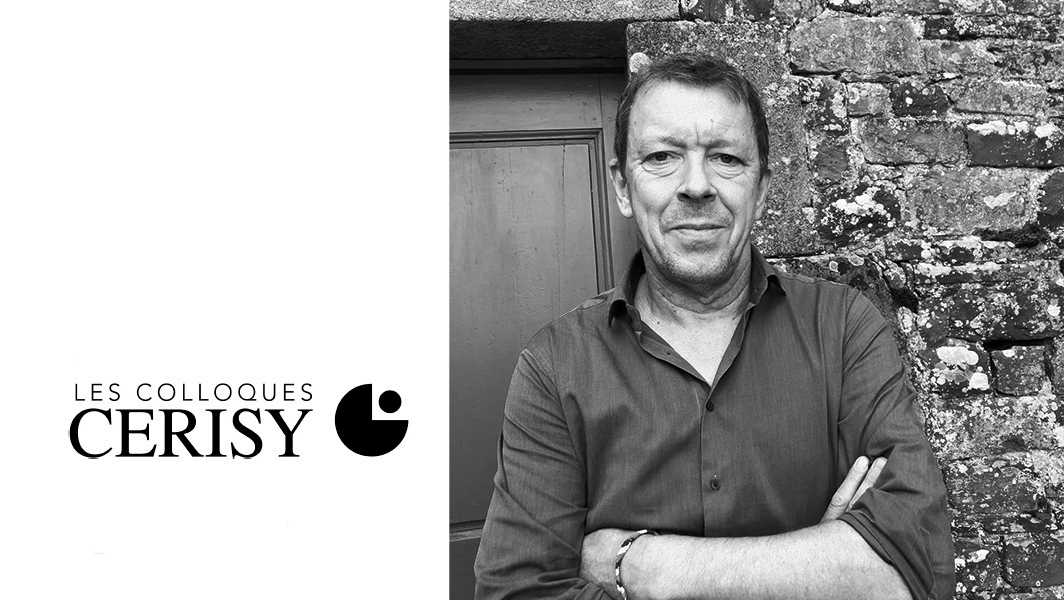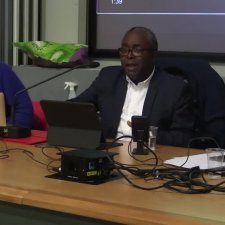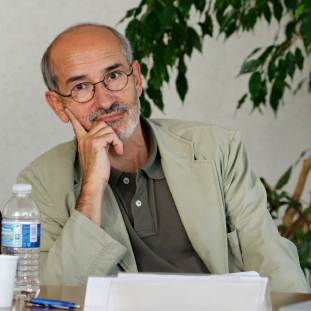Notice
Rational Ignorance and Beyond
- document 1 document 2 document 3
- niveau 1 niveau 2 niveau 3
Descriptif
La sagesse collective : principes et mécanismes
Colloque des 22-23 mai 2008, organisé par l'Institut du Monde Contemporain du Collège de France, sous la direction du Professeur Jon Elster.
Intervention de Gerry Mackie, University of California, San Diego, 23 mai 2008
Economic theories declare that voters in a democracy are rationally ignorant (or worse, irrational) about politics, but that consumers possess perfect information about decisions in the market. Citizens lack competence because an individual voter almost never is pivotal to the outcome of an election (Downs, Brennan), or because of a lowered sense of responsibility in crowds (LeBon, Schumpeter), or because humans intrinsically prefer irrationality in politics (Pareto, Caplan). I challenge each of these analyses as conceptually faulty, empirically unfounded, or both.
The economic theories also characteristically model modern political democracy as if it were direct, rather than representative, in nature. This error raises citizen competence requirements to a superhuman level. Standard arguments about specialist division of labor, principal-agent delegation, and competitive elections account for campaign discourse, parties, legislatures, and bureaucracies as information-improving devices. In conclusion, the citizen-ignorance argument for the minimization of democracy is not supported.
Thème
Documentation
Liens
Discussant : Yves Sintomer
Télécharger la présentation PowerpointDocument .ppt (194 Ko)
Sur le même thème
-
Introduction séminaire : "La participation des habitant(e)s : Limites, obstacles, insuffisances et …
BressonSabrinaECLIPS est un programme de recherche de l’université François-Rabelais de Tours (UMR CITERES et EA LERAP), financé par la Région Centre, qui réunit des chercheur-e-s en sociologie, droit et sciences
-
Philosophie politique et société démocratique
Cruz RevueltasJuan CristóbalJuan Cristobal Cruz, enseignant-chercheur au département de philosophie de l’université autonome de l’Etat de Morelos au Mexique, nous parle de philosophie politique et de la société démocratique
-
4. Jacques Rougerie et l'association
FayolleCarolineBraibantSylvieLors du quatrième temps de la journée d’étude sur l’historien Jacques Rougerie, Caroline Fayolle explore la manière dont la notion d’association se manifeste comme fil rouge dans les travaux de l
-
International colloquium on public space democracy
GöleNilüferOuzielPabloTuncelGökçeJunesTomDe SouzaPeter RonaldCarreraJuditDornhofSarahBéjaJean-PhilippeVegSebastianUngureanuCamilFadilNadiaWidrichMechtildTemir BeyleryanNazliBelchevaInaYıldızMisal AdnanTiniusJonasWangJingDaneshParandBenfodilMustaphaLhuissetÉmericGarcía SánchezPedro JoséЗнеполскиБоянThe public space regains a vital function for democracy in the age of globalization and digital communication. PublicDemoS Project explores the ways in which Public Space allows the appearance of
-
L'Europe en mal d'Amérique latine
CompagnonOlivierLe destin de l'Europe se confond avec celui des Lumières et avec un message philosophique qui fait de la liberté de penser la clef de l'émancipation et peut concerner les autres continents. Sa
-
Conférence du Pr Francis Akindès, discutée par le Pr Didier Péclard. Gouvernance démocratique en Af…
AkindèsFrancisPéclardDidierEgrotMarcChampyMurielMazzellaSylvieConférence du Pr Francis Akindès, discutée par le Pr Didier Péclard. La gouvernance démocratique depuis 1990 en Afrique : les sociétés en travail. Campus Saint-Charles, Aix-Marseille Université,
-
De la démocratie participative en sport - Chercheurs en ville #71
RechYohannDavidColetteLe BartChristianNotre invité ce mois-ci dans Chercheurs en ville, est Yohann Rech, enseignant-chercheur en sociologie et management du sport à l’université Rennes 2 au laboratoire Valeurs, Innovations, Politiques,
-
Entretien avec María Soledad Cisternas Reyes sur la Société inclusive
Cisternas ReyesMaría SoledadEnvoyée Spéciale du Secrétaire général de l'ONU concernant le handicap et l'accessibilité.
-
Une jeunesse sacrifiée - Chercheurs en ville #68
ChevalierTomDavidColetteLe BartChristianNotre invité ce mois-ci dans Chercheurs en ville, est Tom Chevalier chargé de recherche CNRS en science politique au laboratoire Arènes. Dans cette émission, il revient sur l’ouvrage qu’il a coordonné
-
Sondages et manipulation : l'opinion publique comme technologie socioculturelle de domination et my…
Dans le prolongement et la critique du texte de Bourdieu "L'opinion publique n'existe pas", la conférence défend la position selon laquelle l'opinion publique est un pur construit social. Elle montre
-
Numérique et démocratie
Alors que la naissance de l'internet a été accueillie comme un nouvel espoir, tant par les milieux économiques que par le secteur associatif, les journaux bruissent actuellement d'un rejet massif.
-
Chaire CÉRIUM-FMSH sur la gouvernance mondiale
LachatRomainDassonnevilleRuthCréée par le Centre d’études et de recherches internationales de l’Université de Montréal (CÉRIUM) et la Fondation Maison des Sciences de l’Homme (FMSH), à Paris, avec le soutien du Vice-Rectorat aux



